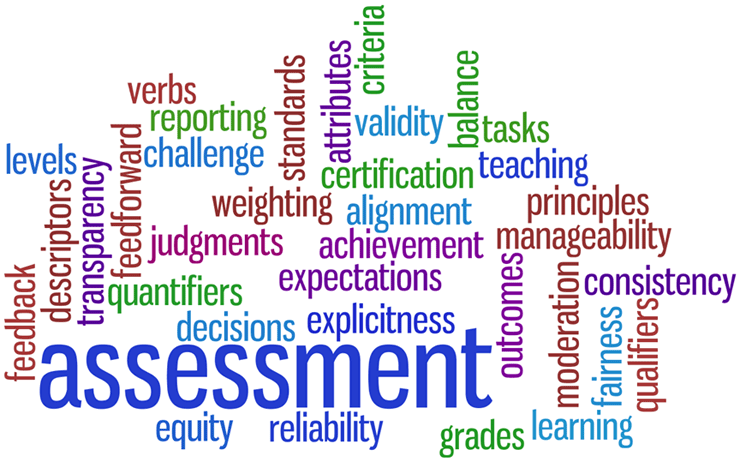
Sonia Manzano López
Assessment for Learning (AFL)
‘Learning without reviewing is like filling
a bath with water without the plug in.’
Principles of assessment for learning
Assessment for Learning should be seen as central to classroom practice, and all teachers should regard assessment for learning as a key professional skill.
The UK Assessment Reform Group (1999) identifies 'The big 5 principles of assessment for learning
-
The provision of effective feedback to students.
-
The active involvement of students in their own learning.
-
Adjusting teaching to take account of the results of assessment.
-
Recognition of the influence assessment has on the motivation and self-esteem of pupils, both of which are critical influences on learning.
-
The need for students to be able to assess themselves and understand how to improve.
Feedback
-
The purpose of an Assessment for Learning (AFL) task is to provide feedback to both the teacher and learner regarding the learner's progress towards achieving the learning objective(s).
-
This feedback should be used by the teacher to revise and develop further instruction.
-
AFL in a lesson means short activities that are designed to check understanding, measure progress in lessons and therefore identify areas of weakness in pupils’ learning.
-
Crucially, the AFL that takes place in the lesson should directly influence the course the lesson takes. For example, if an AFL activity reveals that half the class do not fully understand the lesson and the teacher simply carries on, that would be an unsatisfactory lesson.
-
The expectation is that the teacher should adapt the lesson to recognise the fact the AFL has shown a large number of confused children.
-
As a teacher, you must be able to demonstrate that progress is happening in your lesson for ALL pupils
-
To achieve this, lessons should contain regular assessment for learning. This can include questioning, mini-plenaries, etc.
-
Because it should show that ALL pupils have made progress, ‘hands-up’ questioning is no longer considered effective.
We have to consider the following questions when AFL.
•What do you expect the students to learn?
•What will you do to enable them to learn?
•What will they do to enable them to learn?
•How will you know what progress they have made?
•How will they know what progress they have made?
Here, there are some strategies to be used when assessing children.


















